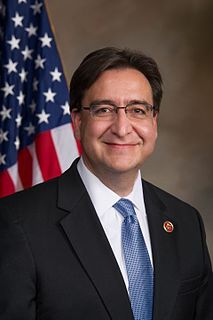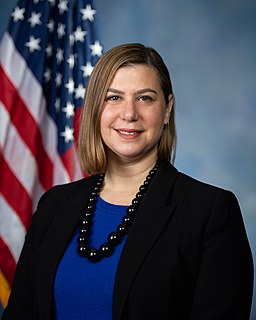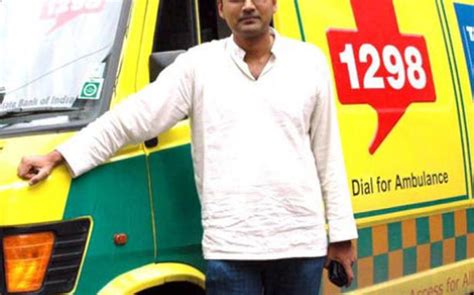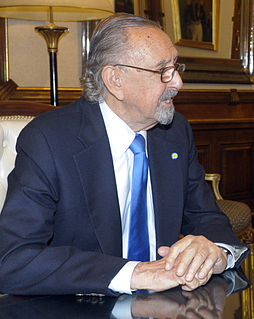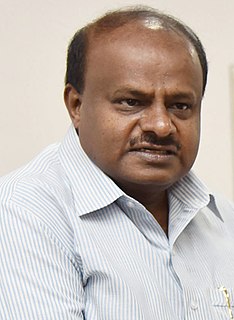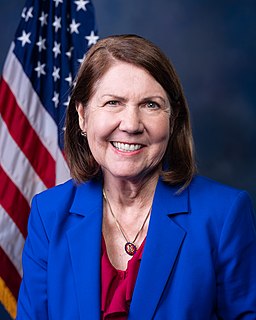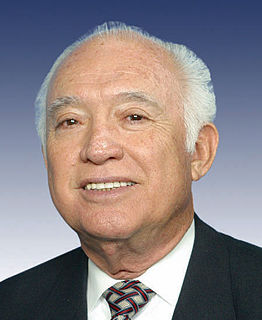A Quote by Pete Gallego
One of the things that ties people together, whether they live in a rural or urban area, is the really big number of people who have served in the military. Veterans issues are very important in the district.
Related Quotes
People go to the big urban centres because they have a quality of life, a quality of intellectual inquiry in the big urban centres that you don't necessarily have in smaller, rural communities. I've got loads of friends and relatives that live there. People like living there, bringing up their kids there and all that stuff, but it'd be the death of me. I couldn't be in a small town, ten minutes I'd enjoy it, and then I'd get fed up because you're so constrained and constricted by it.
I think we have not done a good job of explaining to people in rural America what is actually happening, number one. And, number two, we're not expressing appreciation and acknowledging the contribution that rural America makes. Where does your food come from? Where does the water come from? Where does the energy feedstock come from? It all comes from rural areas. Where does your military come from? Nearly 35 to 40 percent of the military is from 15 percent of America's population living in rural America. It makes a tremendous contribution to this country. It just isn't recognized.
People don't know where they stand and what they're going to lose, and that makes things uncertain. The political parties try to meld people together, but then that becomes a problem. There are parallels here, to American cities, which, in the '80s, with massive rural to urban migration, saw incredible amounts of violence.
The true story is that black people need to tell their history. Very few films are made by black people about slavery. That itself is a crime because slavery is a very important historical event that has held our people hostage. Forget white people's role in it. In the end what's important is black people remain and live with the scars and psychological issues.
I try to encourage young people to follow their dreams. Even if you're born in an urban community it's always something available to you whether it be a dance class or whether you do really good in school and you can get a scholarship. So if you just put your mind to it and if you educate people enough and they know that they can find resources to help them get to where they need to go then that's really important.
The EPA's [Clean Power Plan] is another example of Washington's lack of understanding when it comes to rural and Western energy issues. I oppose this new rule because it hurts my district, which has four coal-fired plants that power Arizona's big cities, small towns, businesses and residences. These plants also provide good-paying jobs in our tribal and rural regions.
